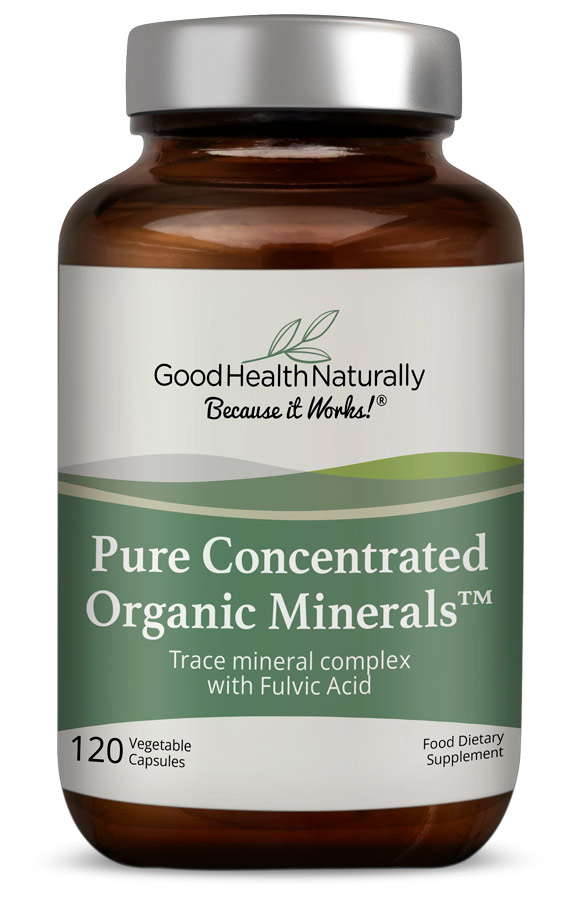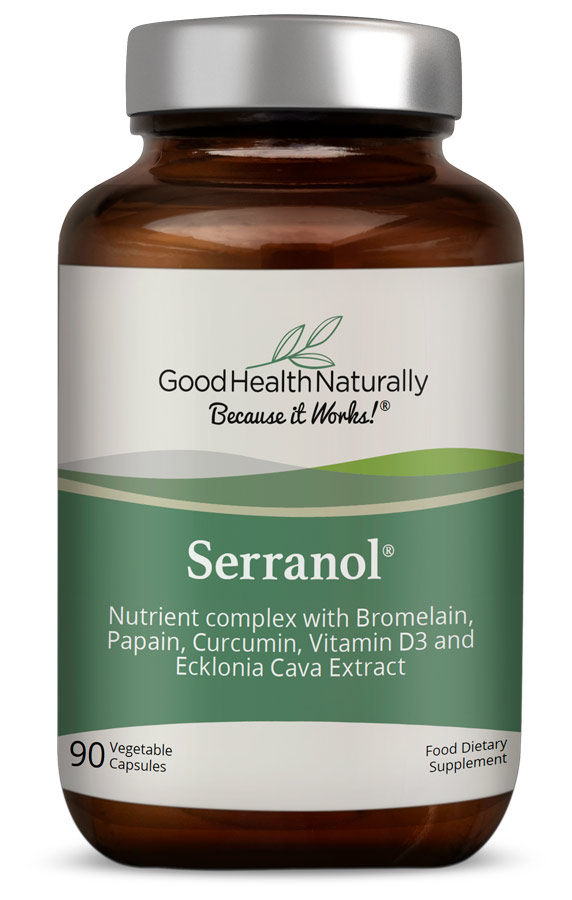Good hydration is not just a matter of quenching your thirst, it’s a fundamental pillar of health and wellbeing. Water, a vital nutrient, is the main component of our body, making up around 60 -70% of it. Every cell, tissue, and organ in our body relies on water to function optimally, underscoring its critical role in maintaining our overall wellbeing.
Water is crucial for transporting nutrients, regulating body temperature, and flushing out toxins and waste products. Without adequate water intake, our bodily functions can become compromised, leading to various health issues.
However, in the busyness of our daily lives, it’s easy to overlook keeping well hydrated. Here are a few reasons why good hydration is essential for health and wellbeing.
The Impact of Hydration on Cognitive Function and Brain Health
Water acts as a shock absorber for the brain and spinal cord and is needed to manufacture hormones and neurotransmitters.
Mild dehydration, which can be as little as a 2% loss in fluid, can result in the brain pulling away from the skull slightly, which might trigger headaches or migraines for certain individuals. It can also impact memory, mood, concentration, and reaction time. When dehydrated, our brain cells are less efficient at carrying out cognitive tasks, leading to feelings of lethargy and brain fog.
Adding a few extra glasses of water to your daily intake, you can experience immediate improvements in cognitive function, mental clarity, focus, and emotional stability. This small change can even help alleviate feelings of anxiety. Dehydration is particularly significant for older adults, who are more susceptible to its effects on cognitive performance.
Hydration, Digestion and Weight Loss
Adequate hydration is essential for proper digestion. Water is needed to create saliva and convert food to components needed for our survival. An insufficient water intake can lead to irregular bowel movements, gas, bloating, heartburn, and other problems that can impact the quality of life. Maintaining hydration can help alleviate these issues by facilitating improved digestion and movement. Water plays a crucial role in breaking down soluble fibre from your diet, ensuring the efficient functioning of your digestive process.
Water can help you feel full between meals, reducing the urge to reach for snacks. Also, research has also shown that an additional glass of water half an hour before each meal resulted in reductions in body weight, body mass index, and body composition for overweight but otherwise healthy girls.
Hydration and Joints
Dehydration can contribute to joint pain by compromising joint lubrication. Your joint cartilage, estimated to be 70-80% water, relies on proper hydration to maintain its integrity. Synovial fluid, the thick gel-like substance found between joints, provides nutrition, lubrication, and shock absorption. It acts as a cushion, preventing bone-on-bone contact. Think of it like a sponge, with water filling the space to cushion the joints. Consequently, there is less friction within the cartilage, promoting a smoother joint motion.
When hydration levels are insufficient, there’s less lubrication in the joints, which can lead to the development of joint pain. This vital synovial fluid is present in joints throughout the body, including the shoulders, hands, hips, knees, and feet.
Hydration and Physical Performance
For athletes and fitness enthusiasts, staying hydrated is essential for peak performance. Dehydration can lead to fatigue, reduced endurance, and decreased strength. During exercise, our bodies lose water through sweat. This loss needs replenishing to prevent dehydration and maintain optimal performance. Proper hydration ensures that muscles as well as joints stay lubricated, reducing the risk of injury and enhancing recovery post-workout. Maintaining adequate hydration supports optimal blood volume and circulation, potentially reducing recovery times after physical exertion.
Hydration and energy
Because dehydration can reduce optimal blood volume and cause slow circulation, it can affect the flow of oxygen to the brain. Low fluid levels can also cause your heart to work harder to pump oxygen throughout your body. This use of energy can leave you feeling tired, sluggish, and less focused. Keeping hydrated means you’ll have more energy to get you through the day.
Hydration for Healthy Skin
Your skin is the body’s largest organ and serves as a protective barrier against environmental toxins and pathogens. Adequate hydration is essential for maintaining healthy skin, as it helps to plump and moisturise the skin from within. When dehydrated, our skin can become dry, dull, and prone to premature ageing. Drinking enough water can promote a youthful complexion, reduce the appearance of fine lines and wrinkles, and support the skin’s natural regeneration process.
Hydration for Prevention of Health Issues
Staying well-hydrated with plenty of water is a powerful way to take control of your health. It can dilute the concentration of minerals in your urinary tract, reducing the likelihood of kidney stone formation. Additionally, water helps flush harmful bacteria from your bladder, aiding in the prevention of urinary tract infections. By maintaining adequate hydration, you’re actively preventing potential health issues.
Furthermore, it’s worth noting that dehydration heightens the risk of chronic inflammation, an issue many naturopaths consider the root cause of the majority, if not all, of chronic diseases. Adequate water intake is crucial for flushing out waste products, helping the body maintain its defences against chronic health conditions.
Because the body constantly uses its fluid resources, your internal supply is always being depleted. Therefore, drinking water throughout the day is essential to stay ahead of your hydration needs.
Tips for Staying Hydrated
Ensuring that you’re getting enough water throughout the day is simpler than you might think. Here are some straightforward tips to help you stay hydrated, giving you the confidence that you can easily help your health in this way:
Drink water regularly: Some suggest drinking at least eight 8-ounce glasses of water per day. Others recommend something more personalised by calculating one-third of the pounds of your body weight in ounces. For example, a person weighing 180 pounds would need to aim for 60 oz of water a day. However, you will need more if you’re physically active or live in a hot climate.
Infuse your water: If you’re not keen on water or want some variety, you can add a splash of flavour by infusing it with fresh fruits, herbs, or cucumber slices. This can make drinking water more enjoyable and encourage you to drink more throughout the day.
Incorporating water-rich foods like watermelon, cucumbers, strawberries, tomatoes, and peaches into your diet can boost your water intake and help maintain your electrolyte balance. Don’t forget about soups and smoothies, which are another delicious way to increase your fluid intake.
Set reminders: Try using a water tracking app or set reminders on your phone to prompt you to drink water throughout the day. This can help you stay on target and meet your hydration goals. Another idea is to get a clear ‘motivational’ water bottle with markers down the side to indicate targets for the different times of day to help keep you on track.
Finally
Pay attention to your body’s thirst cues and drink water whenever you feel thirsty. Thirst is your body’s signal that it needs hydration, so be sure to respond promptly. If you don’t respond, this signal can dull over time.
Conclusion
In conclusion, water is an essential nutrient that plays a vital role in promoting health and vitality. By staying hydrated, we can support our physical and mental wellbeing, maintain healthy skin, and enhance our overall quality of life. So remember to drink up and prioritise hydration in your daily routine. Your body will thank you for it!






